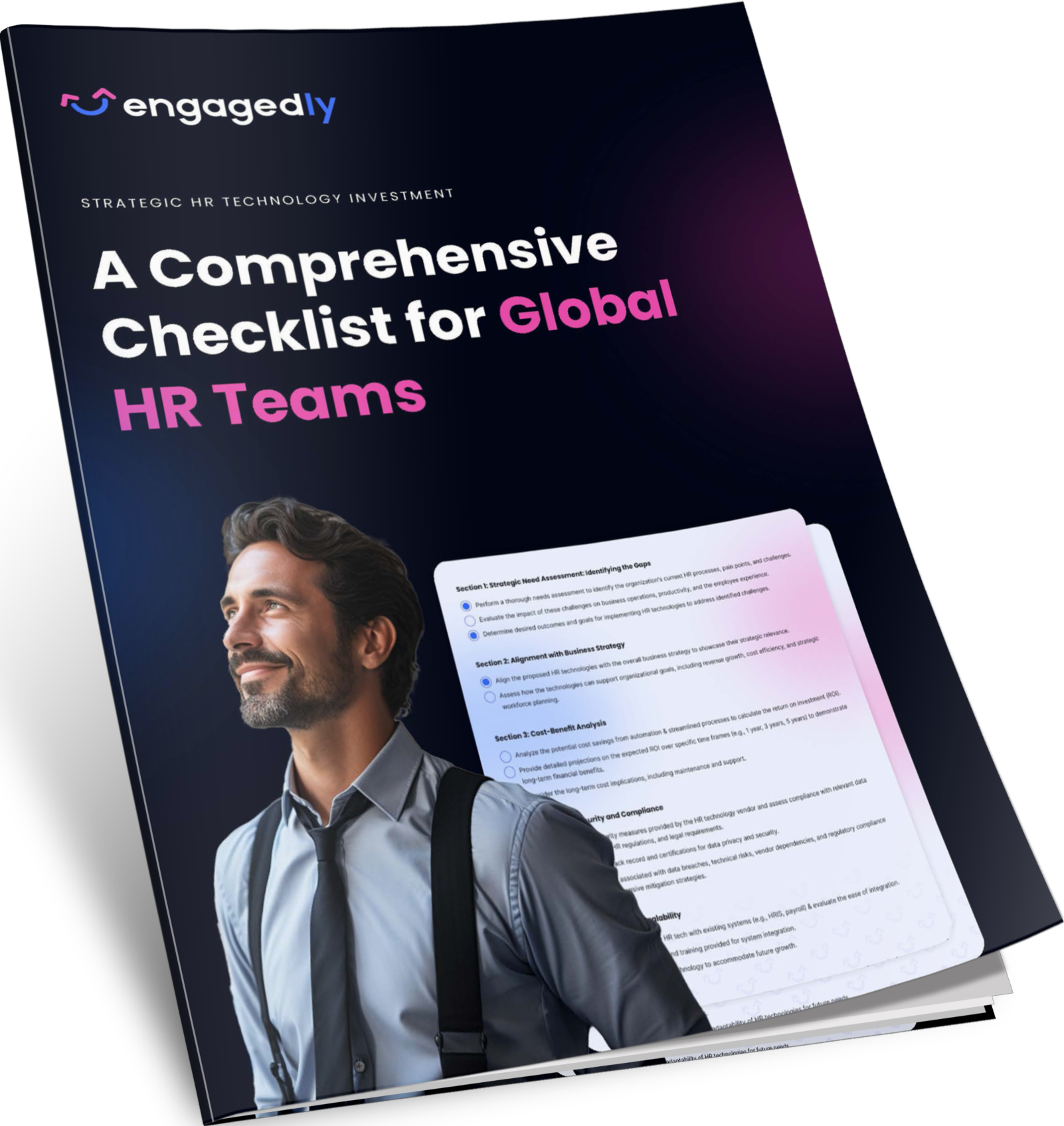Bias exists in everyday life. It’s a very common human failing and no one is immune to it.
Bias is essentially preconceived notions are informed by not always accurate information. In some cases, bias serves to further enforce a stereotype and in others, it creates false perceptions.
Though bias exists in everyday life at the workplace, it hurts employees the most when it crops up in performance reviews. Rater bias can be damaging to an employee’s career. At best, it allows some of them to coast through without anybody picking up on their lack of performance, at the worst, it prevents others (such as minorities) from moving up the ladder, it prevents hardworking employees from getting their due and it certainly ruins an employee’s chance of growing within an organization.
The task of dismantling rater bias is up to us, the individual. It is important, especially during performance reviews to approach the review with an impartial state of mind.
Performance, compensation, etc are all factors that should be devoid of bias and instead should focus solely on an employee’s performance, skills and abilities.
Here are 4 ways to prevent rater bias from damaging performance reviews.
Use Documentation to Inform Your Decisions
Maintain documentation throughout the year, be it about your own performance, or be it with regard to someone else’s.
This way, when performance review season rolls around, you are prepared to approach the review with information based in facts, as opposed to your own judgment. Everybody deserves fair and impartial reviews. And while it is impossible to be 100% fair and impartial (its a statistical impossibility) we should strive to do as much as we can.
Inequality in the workplace hurts everyone, but it might hurt some subsets of employees more than the others.
Also read: What Is Rater Bias and How Does It Affect Performance Reviews
Create Criteria for Performance
Another way to objectively review performance is to establish criteria for what is good or bad performance. This, of course, will vary from department to department and can vary from manager to manager as well. However, it is important to see that these criteria for performance don’t unfairly penalize some and reward others.
Even when applying criteria for reviewing performance, managers should take note of how objective they are being. Are they extending the same treatment to everyone? Or they giving no one special treatment? However they choose to evaluate performance, it is necessary that everyone gets treated the same way (save for extenuating circumstances). Same treatment across the board treatment ensures a lesser chance of bias unless of course, the manager is one of those who chronically over rates people or underrates them. In which case, they need to rethink their approach to performance evaluation completely.
Make Bias Training A Part of Your Culture
Sometimes rater bias isn’t evident to us until we are faced with evidence of it. Undergoing bias training can help us confront some deeply rooted instances of bias and then dismantle those preconceptions. It can also help us evaluate our own performance better since evidence has shown that men tend to overestimate their performance, while women tend to underestimate their performance.
This might be especially helpful for organizations who are discovering that their work culture needs a bit of a rethink or an overhaul.
Revisit your Performance Process
Sometimes, the problem is not in the person, rather it is in the process. In such cases, it is worth revisiting your performance review process and seeing what needs to change to get rid of bias. For example, subjective questions in a performance review process only increase the occurrence of rater bias, because there is no measure of accountability. Or there are stack rankings, a damaging practice that pits employees against each other and further increases bias.
Do you want to know how Engagedly can help with the performance review process?
Talk to our experts! Schedule a personalized demo.
Request A Demo
Author
Srikant Chellappa
CEO & Co-Founder of Engagedly
Srikant Chellappa is the Co-Founder and CEO at Engagedly and is a passionate entrepreneur and people leader. He is an author, producer/director of 6 feature films, a music album with his band Manchester Underground, and is the host of The People Strategy Leaders Podcast. He is currently working on his next book, Ikigai at the Workplace, which is slated for release in the fall of 2024.






